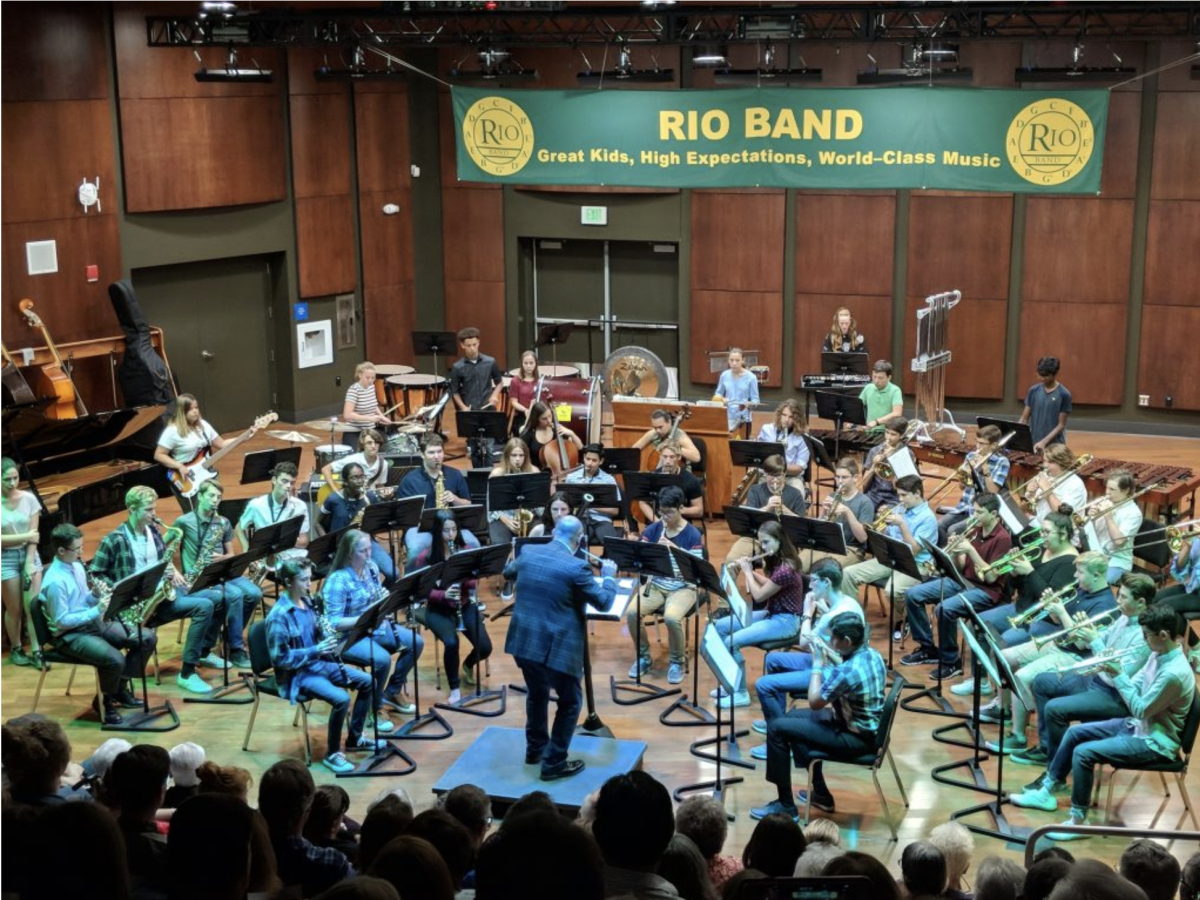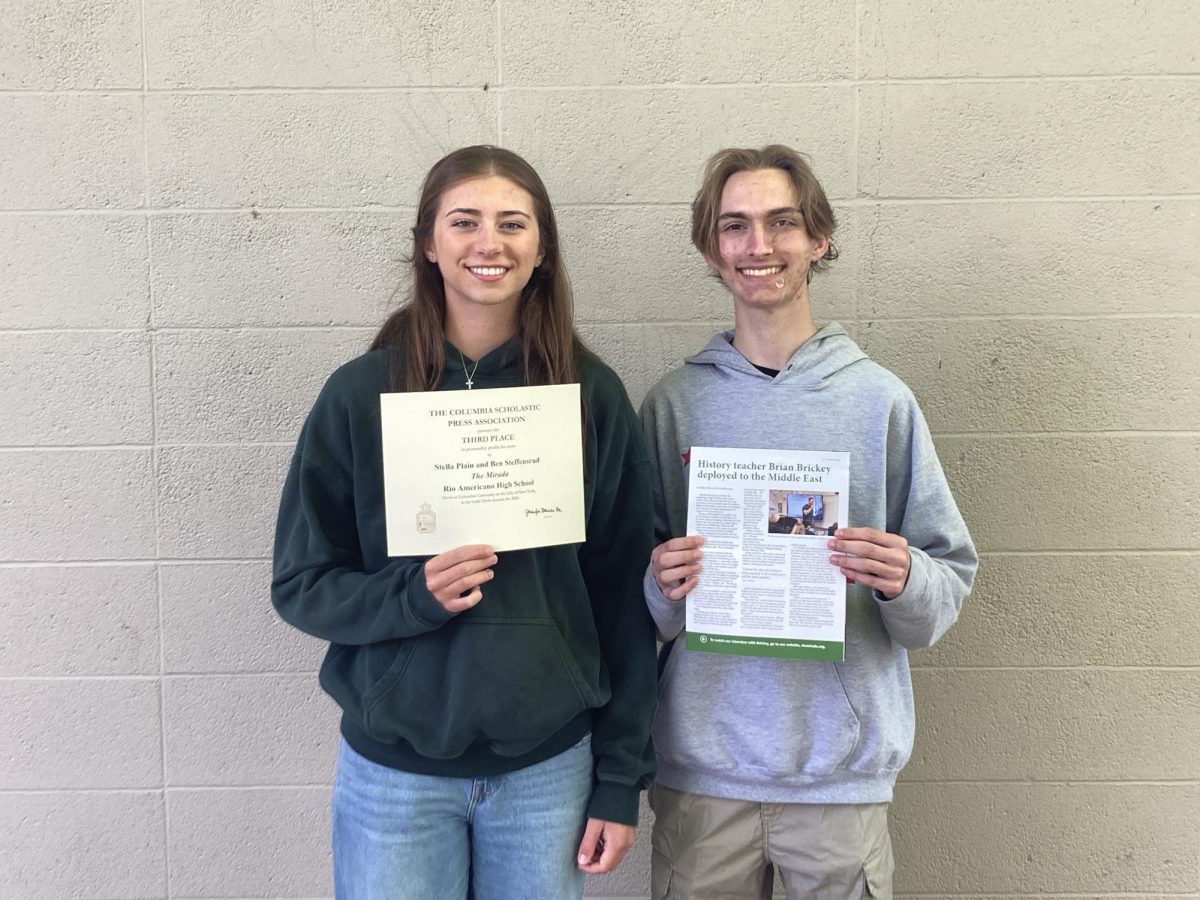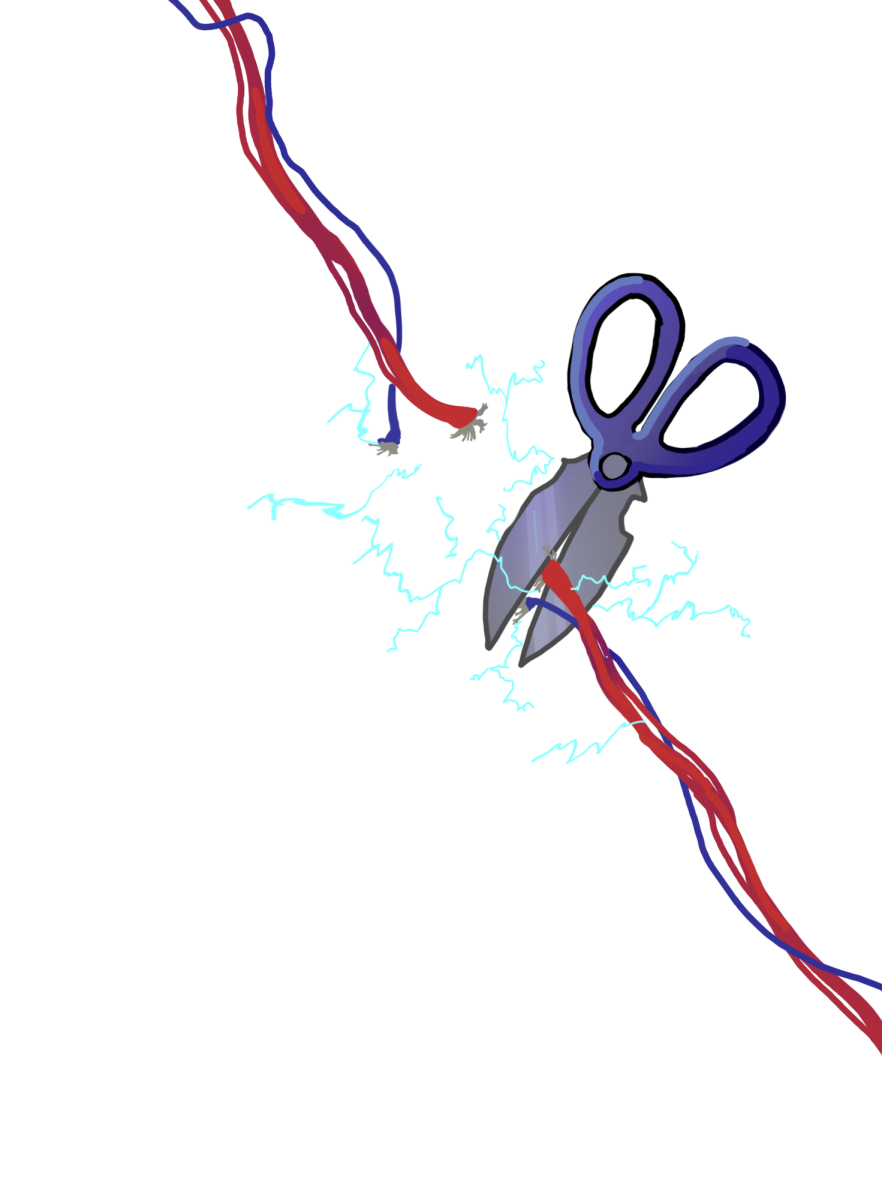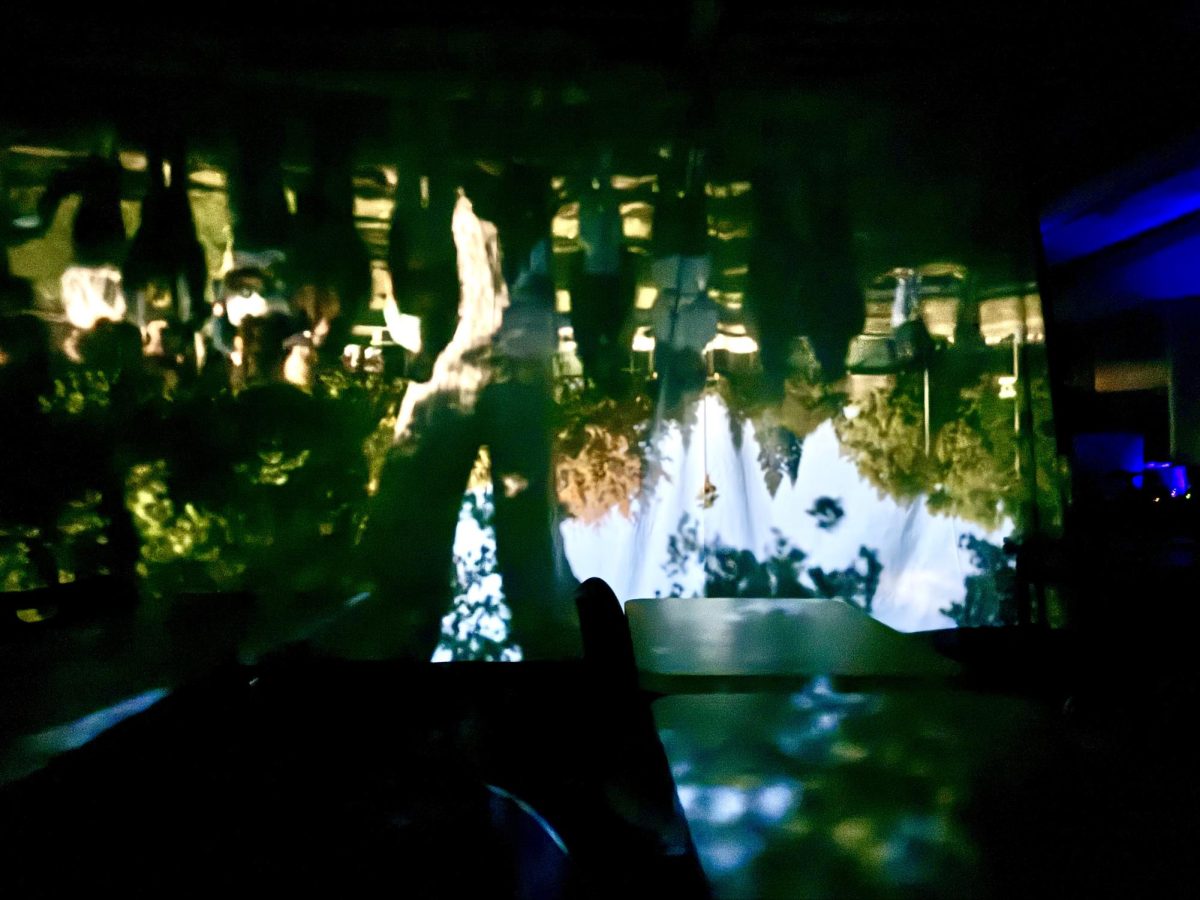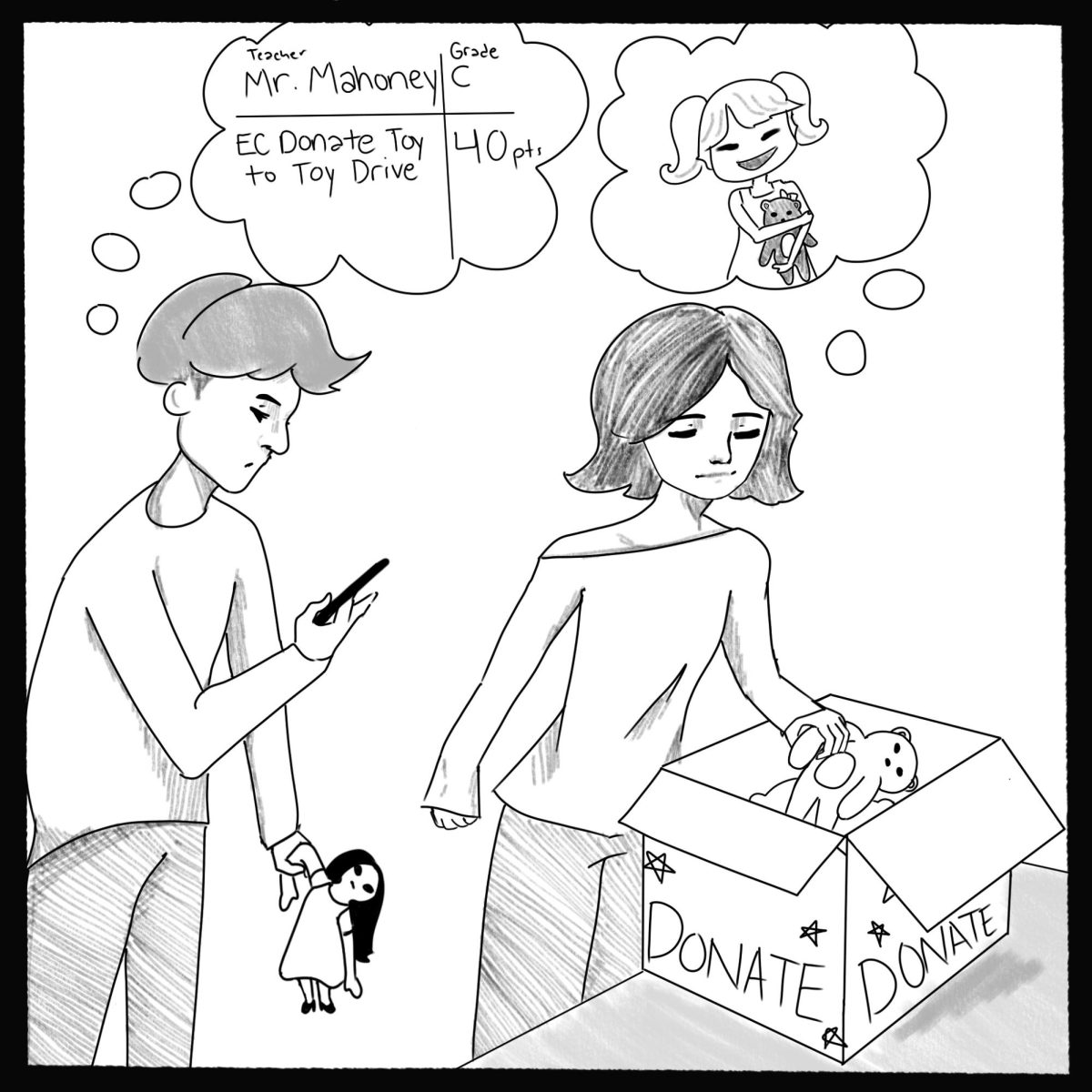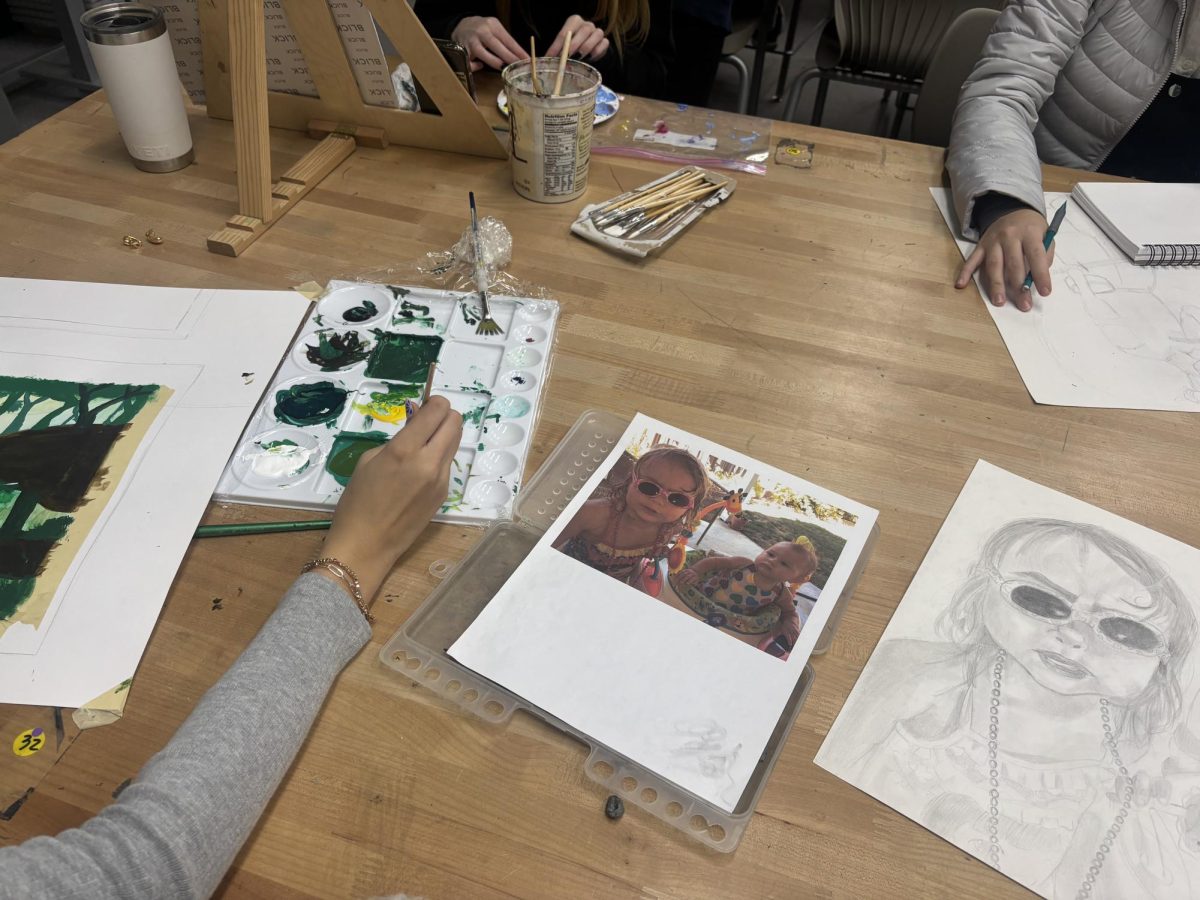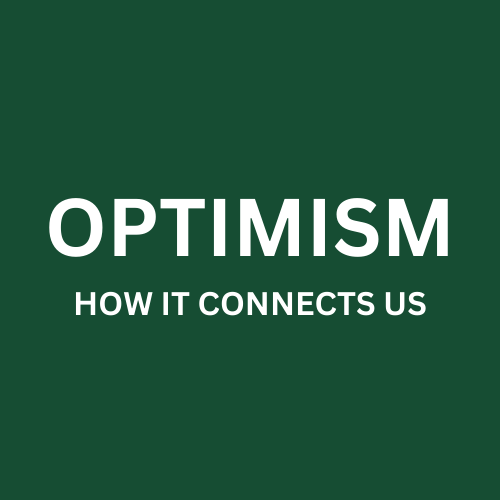
Hope for the future keeps one going through hardships and challenges. An optimistic worldview can have a significant influence on people’s decisions, like migration, which can have positive effects not only on the migrants but also on the people already living in their new home. Although migration helps people seek a better future and grow through difficulties, it also helps build a community through resilience and connections between people, both culturally and socially.
Looking back in history, many individuals used migration as a source of motivation for a bright future for themselves and their families. Many parents have moved from their home countries for economic, educational, and safety reasons to another country. In “The Optimistic Immigrant,” Tom Resentiel notes that, “He or she believes that in doing so, life will get better. And, even if going to a new land involves hardships, immigrants tend to believe fervently that it will make life better for their kids”. With a positive outlook, people tend to take risks and face challenges in the unknown future. With the hope of economic growth and better living conditions, immigrants keep striving for these opportunities. Education is very significant as well, because parents wish for the opportunity for their children to learn, as they themselves did not get the opportunity. Safety is another crucial reason why one migrates; again, they wish to live in a secure and peaceful environment that grows as a community with its diversity.
With a positive outlook, when immigrants have opportunities, they sincerely appreciate them with all their hard work and determination to make a better life for themselves and bring positive change to the people around them. As many immigrants face challenges like not speaking the same language, adapting to a new environment, and discrimination, they still keep an optimistic view of continuing to reach their goals. In the article Immigrant Optimism or Immigrant Pragmatism?, Joanna Sikora and Artur Pokropek state, “Optimism manifests itself in highly ambitious educational and occupational expectations evident among immigrants in secondary education once disparities in the family socio-economic background between them and non-immigrants are factored in.” Yes, immigrants are ambitious and determined to put in hard work to make use of the opportunity they are given. Their background not only motivates them to be determined in their education and occupation, but it also helps other people or students within the community to be more ambitious and eager to succeed. As a country becomes more diverse and creates a community with unique and different cultures, it creates a meaningful environment where different people grow together, allowing them to embrace their differences.
Optimism has an influence on the personal development of immigrants or any other individual and has its differences from a broader societal view (the pessimistic view) that emphasizes the importance of creating social connections through optimism. As people trying to stay optimistic but individuals cannot control the flow of life, as in The Optimism Paradox: The Gap between Personal Hope and Global Despair where Victor Perton states, “While we can directly influence the course of our lives, we are essentially powerless in shaping the trajectory of our nations and the world, and this lack of control can engender a feeling of pessimism about broader societal and global outcomes.” As people want to have a positive outlook on life but start trying to control things that are out of their control, the flow of life can affect people’s optimistic views. It can be really overwhelming when immigrants move somewhere new. They sometimes have a hard time trying to control everything in their lives alone. But that is not helpful. Being optimistic does not mean to do things alone; what it means is to connect with the community and do things together.
My family migrated to the United States with the same purposes as all other immigrants: for a better life and opportunities here through connection with a new community. All my parents wanted was to give us an opportunity to educate ourselves and be able to reach our goals in life, as they did not have the opportunity to do so. As my family and I work really hard to make a positive change in where we moved, we feel connected to the world with an invisible bond that is hard to break and is made out of optimism. My greatest wish is to let my parents’ dreams come true about our bright future. Always, we are thankful for where we are and how our community helps us stay strong and feel supported.
In conclusion, accepting optimism as a source of connection and hope in our community helps to highlight the importance of its effects in our lives and explore it through migration and a bright future for all mankind.
Note: this essay won second place in the Sacramento Optimist Breakfast Club’s yearly essay contest.

